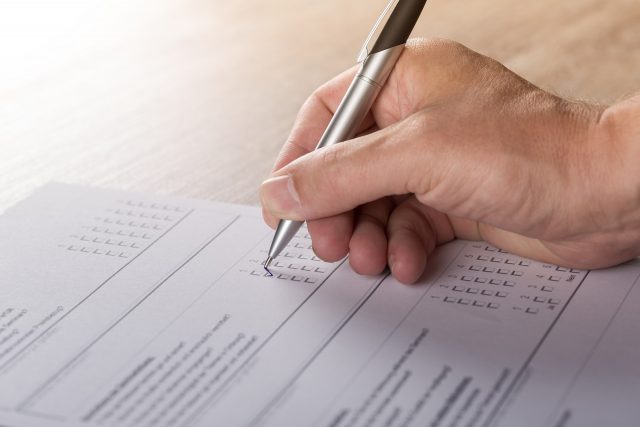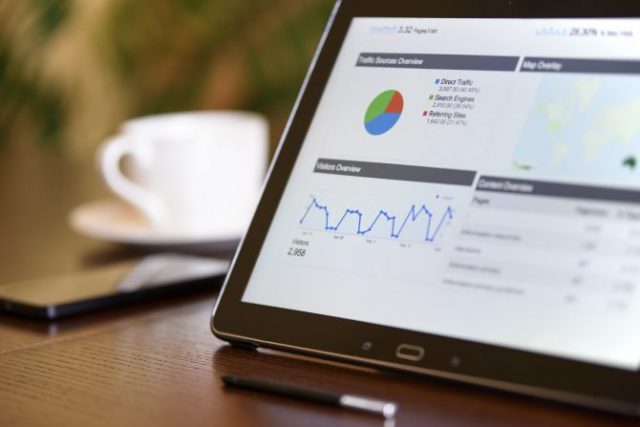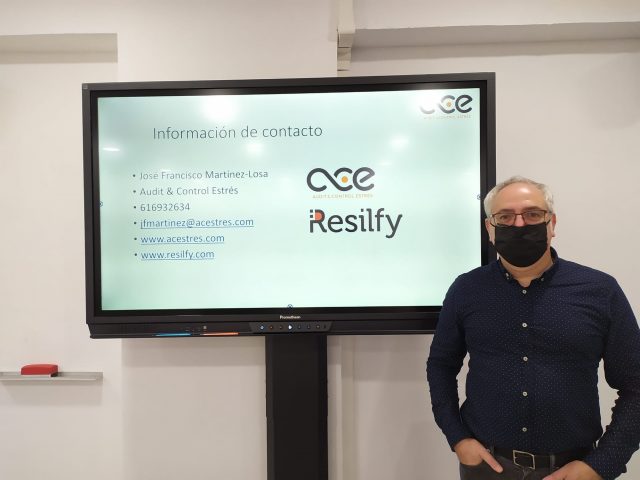Un panel de consumidores.
Es una opción para estudios que requieren de una representatividad a nivel de territorio, donde precisamos panelistas o participantes de toda la geografía, donde además podamos controlar ciertas variables de tipo censal como sexo, edad, estudios…
Los panelistas colaboran con el panel a cambio de beneficios, normalmente son puntos canjeables por regalos o dinero. Una vez aceptan participar rellenan el cuestionario, siempre afín a sus intereses y apropiado para su perfil, en dicho screening van rellenando las distintas preguntas. En un mismo screening puede ser que el panelista conteste a más de un estudio al mismo tiempo.
Las ventajas de trabajar con un panel son varias, la representatividad, el control de antemano de ciertas variables o perfiles, que será online y, por supuesto, rápido, pudiéndose recoger miles de respuestas en muy pocos días, según el tamaño del panel.
Las desventajas radican en el coste, si se compara con las típicas muestras de tipo no probabilístico, accidentales, lanzadas con la técnica “bola de nieve” a través de conocidos y contactos de éstos, normalmente entre estudiantes, conocidos, alumnos, trabajadores, grupos de distintas redes sociales. Otro hándicap difícil de controlar sería la veracidad de las respuestas o su credibilidad, cuando el panelista cobra por respuesta es importante que haya preguntas de veracidad o alguna escala que permita, a posteriori, depurar los datos de forma más óptima y fiable.
Otro tipo de encuestas “representativas” y con cierta aleatoriedad nos las pueden proporcionar técnicas como el CATI –telefónicas- o CAPI –por dispositivos móviles. Aunque la incursión o puerta fría que implica llamar a un desconocido es cada vez menos efectivo por ser una táctica algo invasiva, atenta a la intimidad de la persona.
Obviamente, construir un panel propio es complicado, sobre todo si se quiere garantizar representatividad geográfica.
Los paneles más empleados son los de cata o degustación de alimentos y bebidas, testeo de productos, de control de publicidad, de opinión política, de expertos –más tipo Delphi-, de consumidores de algún producto concreto, o bien los Ómnibus donde los panelistas opinan o responden a diversas preguntas sobre un conjunto amplio de productos y categorías de los mismos.
El software o aplicaciones para recoger los datos en base a encuestas online más empleadas son Survey Monkey, QuestionPro, Survey Gizmo, Qualtrix, e-Encuesta, Voxco, Rotator Survey…
Algunas empresas de investigación de mercados gestionan sus propios paneles online, aquí muestro algunas de ellas ya comprobadas y en algunos casos consultadas por Gaspar Berbel –responsable investigaciones y prospectiva de mercados en Aptabel.com, profesor e investigador en la universidad EUMediterrani (UdG) –en los grados de turismo, marketing y logística:
- https://www.nicequest.com/es
- https://www.ioinvestigacion.com/
- https://www.e-research-global.com
- https://www.cotoconsulting.com/ à de España
- https://www.canviewconnect.com/
- https://www.glowfeed.com/panel-2/
- https://www.cint.com/ à sueca, colaboran con empresas de panelistas, más de 150 países
- https://mixpanel.com/solutions/learningseries/
- https://www.globalsurvey.gs/
- https://www.innovatemr.com/
- http://www.lightspeedresearch.com/sample-audiences/panel-profiling/
- https://www.m3globalresearch.com/ à ámbito médico, farmaceútico
- https://www.medsurvey.com/sites/main/ à ámbito de la Salud
- https://www.myclearopinionpanel.com/
- https://amerispeak.norc.org/Pages/default.aspx à ámbito EEUU
- https://www.opinionpanel.co.uk/ à panel anglosajón
- https://www.mysoapbox.com/ à panel anglosajón
- https://norstatgroup.com/offering/client-panels




